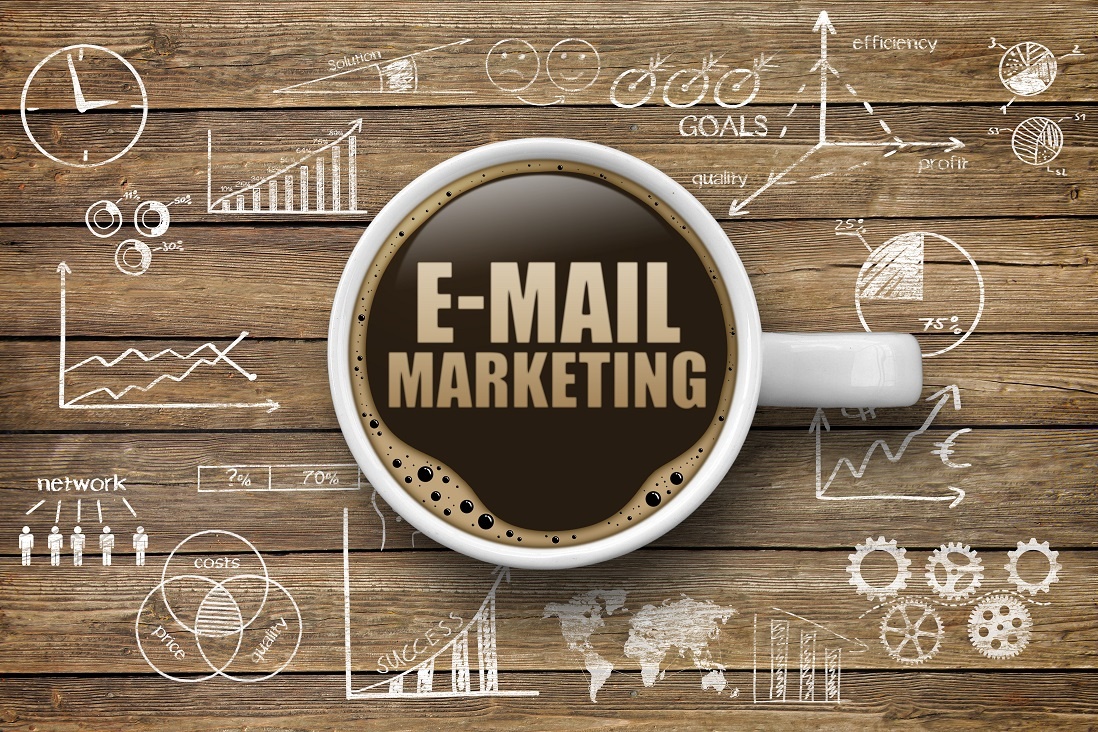SHARE
What is the future of email marketing?
May 29, 2014 | 3 minute read
What is the future of email marketing: 2014’s new rules for email marketing
To add an extra line of support to our key clients, Tangible Words recently created a content strategy and editorial calendar for a new “Clients Only" e-newsletter. After sending out two issues, and receiving a higher than industry response rate (proudly, our usual success level with newsletters) we wanted to dig deeper into customer value. So we phoned a number of clients and asked about how they received it, and we even asked what kind of expertise we could further share with them.
One customer said it perfectly, “ I like a short summary of an idea with links and then if I want more, I’ll go get it.”
I want to expand on these thoughts with you here because I think it’s actually how we all feel. Online marketing is effective and essential in the business world, but it’s also ever-evolving, which means there’s a lot to keep your fingers on. On the bright side, it’s because of that evolution that the online world has always and will stay so compelling: we love it’s ever-changing nature as it works harder to give us more of that we want.
Here are some changes you need to understand, so you can improve your Email Marketing in 2014 accordingly:
- Online technology just keeps evolving, and we like it that way, BUT: What used to be Best Practices changes within the year. For example, 5 years ago, emails jam-packed with info (Magazine-style) were considered more valuable - now most users want succinct info with self-serve links. This is also true about anti-spam laws by the way. Two years ago, something people did quite freely was to dump business card emails onto your email marketing “list.” You can’t do that anymore. Everyone on your list must have “opted in” (requested to receive the email) and they need in every issue and opportunity to “unsubscribe” or “opt out” of your list. This anti-spam rule prevents “List adding without permission” and to add without permission is illegal is in Canada, Australia, USA (and the UK?)
- Hardware keeps evolving and we use it more frequently now. People prefer to read with a tablet than their work computer. Everyone has a smart phone. I know every morning I check my work account and absolutely DELIGHT - get completely gleeful—at being able to quickly delete a whole bunch of emails so that my “unread” list of emails is whiddled down to just the emails I absolutely have to read and pay attention to. Where is your e-newsletter in that list? The fact is, it’s not. So in order to train people that you have something awesome to say, you need to cater to their hardware reading expectations.
What this means for email marketing best practices for your business in 2014:
- You absolutely have to have a business blog. If you don’t have one yet, start talking to a content strategist who can help you build a strategy (what you’ll talk about) for your business blog. And even if your content policy (how frequently you’ll write) stays infrequent — once or twice a month — you will still benefit from SEO priority and customer service in the long run.
- Keep your emails very short. Jill Konrath at SNAP Selling suggests they always be under 90 words. If you’re doing a newsletter-digest style — particularly in the B2B space —follow a similar principle. Business gets sold to way more than consumers I think just because it’s a staff person’s job to stay abreast of changes and trends in case they could help the company. That means our inboxes always feel too full. So keep your newsletter digests to one headline and one link per section.
- Continue to keep your content 100% WIIFM focussed — if you’re not talking about problems they need answers to, they are not reading you.
Let me know if you agree with these new maxims in a comment below. In the meantime, I have to rush off and make some changes of my own to our email marketing!
Topics
- Content Creation (297)
- Growth-Driven Design Websites (167)
- Inbound Marketing (147)
- Sales Growth (133)
- Tangible Words (111)
- Search Engine Optimization (85)
- Social Media Marketing (83)
- Hubspot (78)
- Blogging for Business (75)
- Economic Development (64)
- Events & Training (60)
- Company Growth Podcast (49)
- Manufacturing (47)
- Tourism (46)
- Email Marketing (42)
- Case Stories (40)
- Testimonials & Client Feedback (36)
- Education and SaaS (23)
- Google (21)
- Careers (19)
- Inbound Marketing Agency (19)
- Cool Companies (18)
- FAQ (16)
- Alysha Dominico (13)
- Associations (7)
- Food and Beverage (7)
TW Blog Sign-Up
Learn more about how to grow your business and improve your sales team process.




2%20(blog%20dimensions)(alterntate%20text).jpg)
